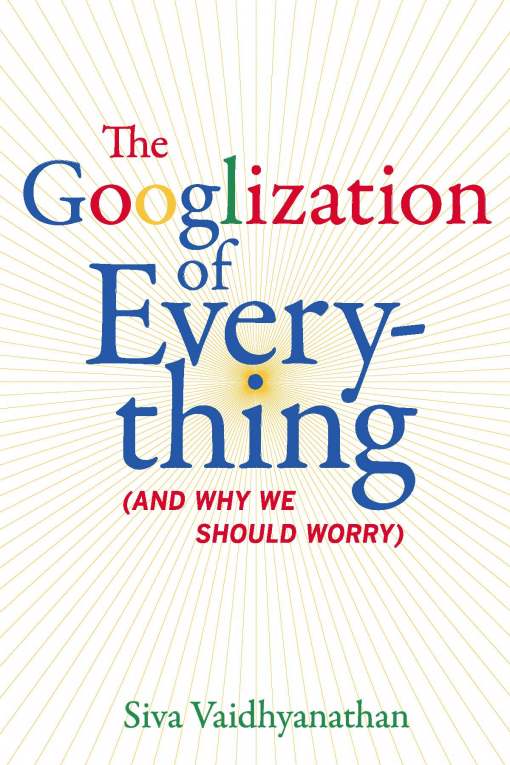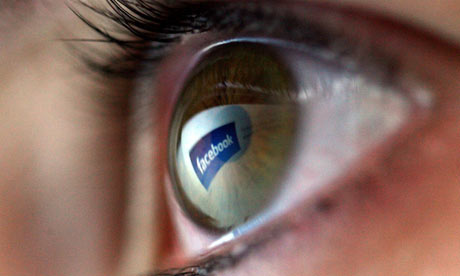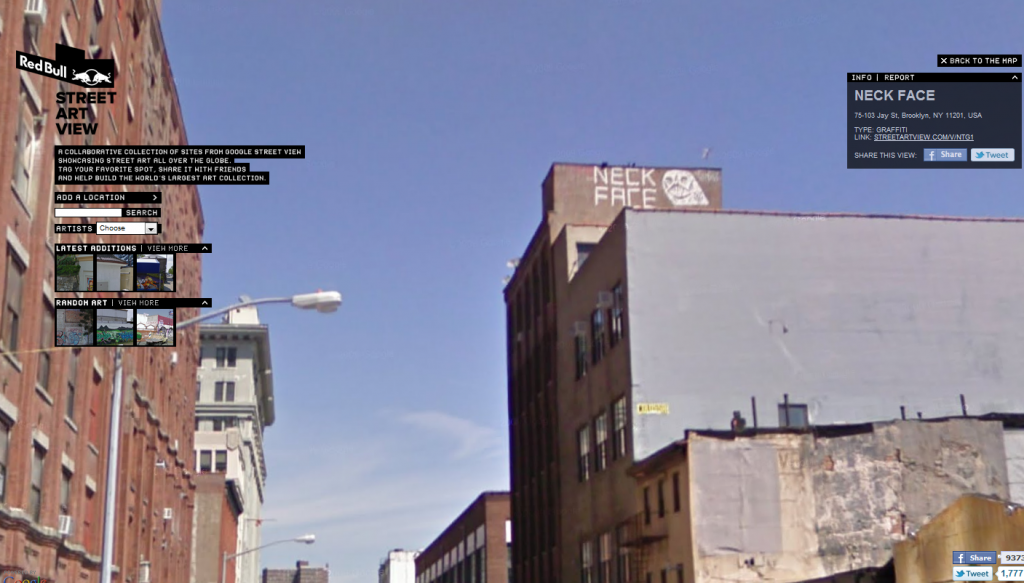 Zizek writes this week in Inside Higher Ed about how cloud computing is a space dominated by two or three companies (read: Apple and Google). He states,
Zizek writes this week in Inside Higher Ed about how cloud computing is a space dominated by two or three companies (read: Apple and Google). He states,
“cloud computing offers individual users an unprecedented wealth of choice — but is this freedom of choice not sustained by the initial choice of a provider, in respect to which we have less and less freedom? Partisans of openness like to criticize China for its attempt to control internet access — but are we not all becoming involved in something comparable, insofar as our “cloud” functions in a way not dissimilar to the Chinese state?”
Is a computing market dominated by a few private companies really similar to the “Great Firewall” (officially, the “Golden Shield”) of China?






 The protests in Egypt have been front and center in the American media over the previous two weeks. We were greeted with daily updates about former President Mubarak’s grasp on power, and, ultimately, his resignation. Buried in all the rapidly unfolding events were numerous stories about social media and its role in the revolution. I think it may be useful to aggregate all these stories as we begin to analyze how important social media was (if at all) to the revolution – and, also, whether the revolution has significant implications for social media.
The protests in Egypt have been front and center in the American media over the previous two weeks. We were greeted with daily updates about former President Mubarak’s grasp on power, and, ultimately, his resignation. Buried in all the rapidly unfolding events were numerous stories about social media and its role in the revolution. I think it may be useful to aggregate all these stories as we begin to analyze how important social media was (if at all) to the revolution – and, also, whether the revolution has significant implications for social media.


